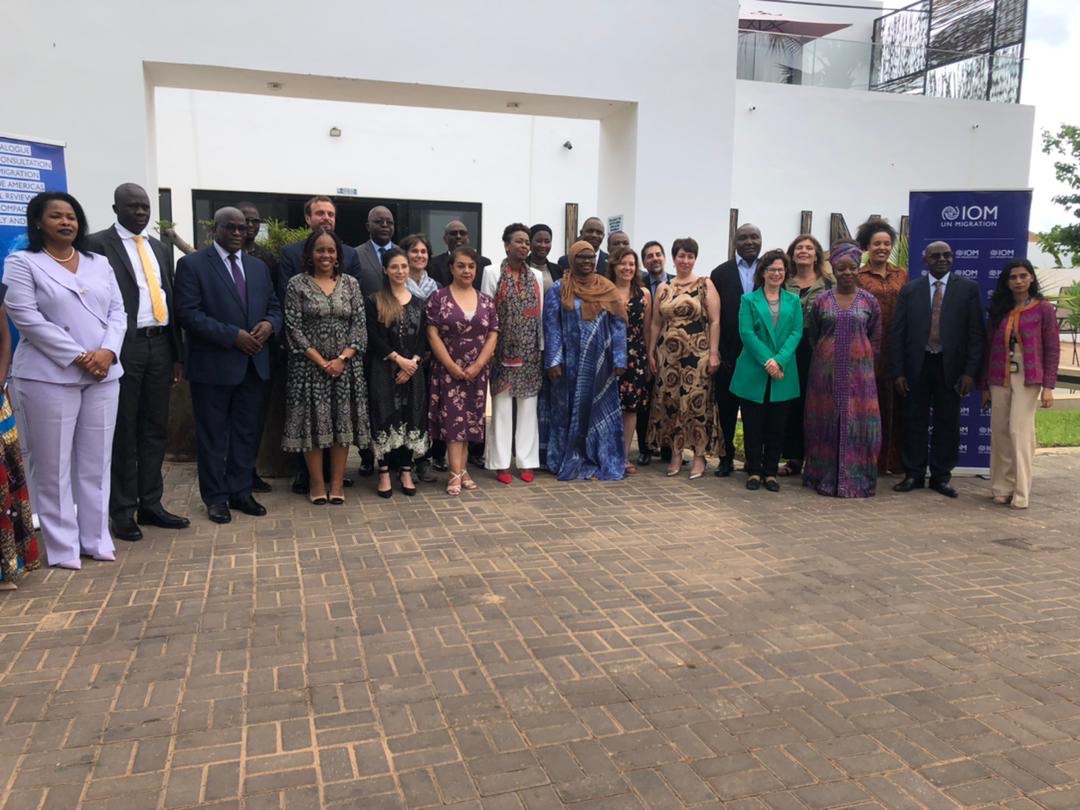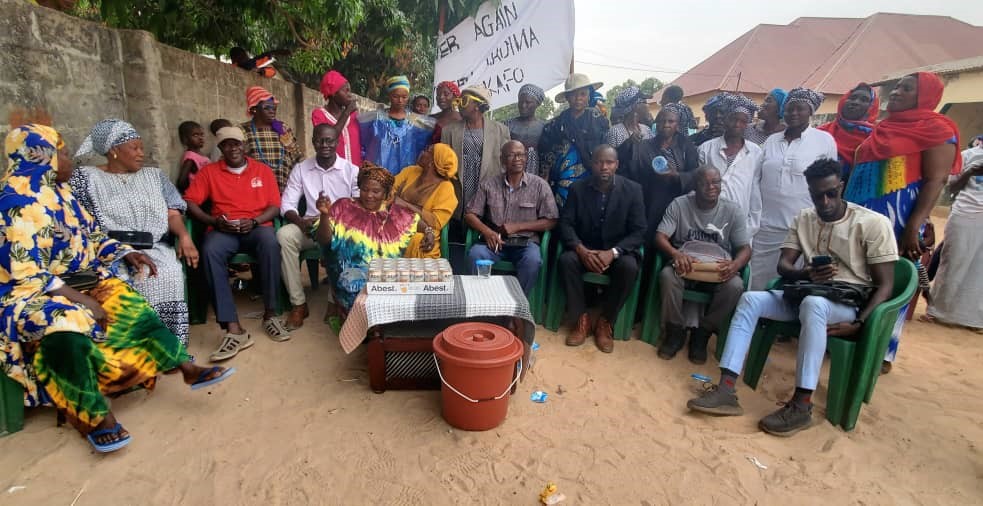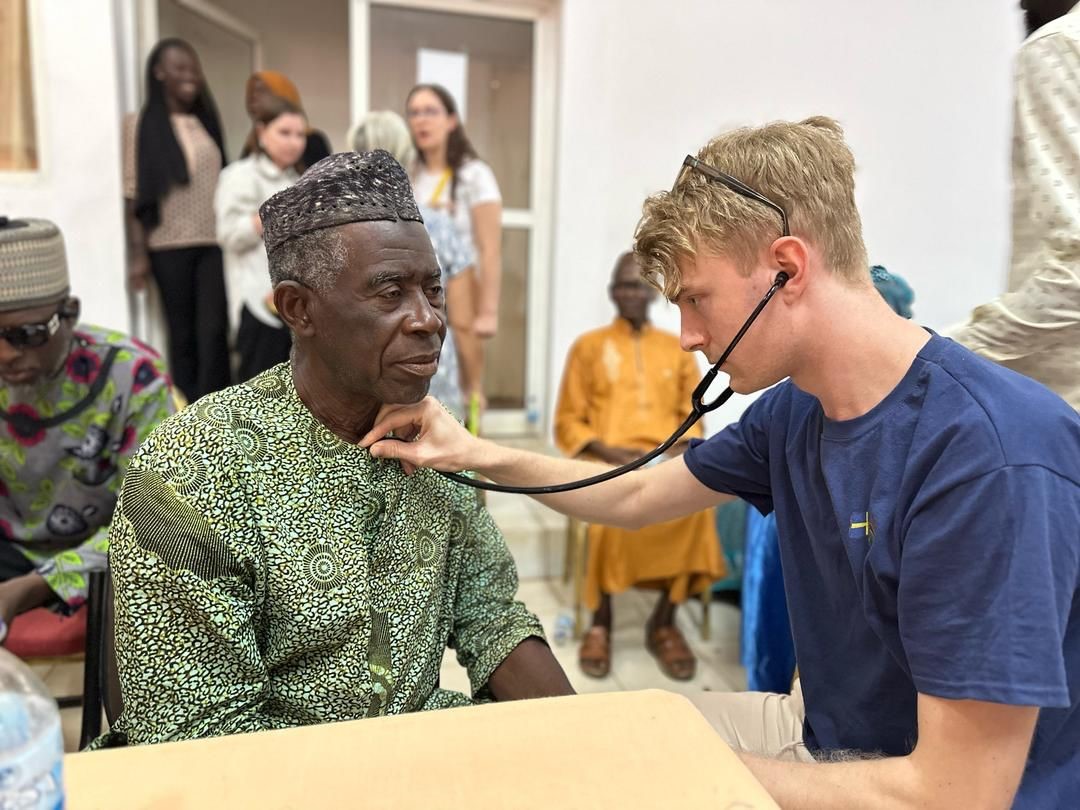By: Nyima Sillah
Inter-regional dialogue for Inter-state Consultation Mechanisms on Migration in Africa, Latin America, and the Caribbean began in Banjul on Tuesday.
The two-day dialogue from 23-24 July was held to discuss the regional review of the Global Compact for Safe, Orderly, and Regular Migration (GCM).
The dialogue under the auspices of the International Organization for Migration (IOM), United Nations High Commissioner for Human Rights (OHCHR), and United Nations Network on Migration aims to enhance cooperation between Africa and Latin America & Caribbean regions on migration issues, focusing on labor mobility and the protection of migrant workers.
Speaking at the meeting held at Tamala Hotel on Tuesday, the Permanent Secretary Ministry of Foreign Affairs, Lang Yabou, said the interregional dialogue provided a valuable platform for sharing experiences, best practices, and innovative solutions to address the challenges and opportunities presented by migration.
“By engaging in constructive dialogue and exchange, we aim to strengthen our collective efforts to promote safe, orderly, and regular migration, protect the rights of migrants, and harness the potential of migration for sustainable development,” he stated.
He acknowledged that The Gambia as any other country was deeply affected by migration, “Our citizens have left home in search of economic opportunities and a better future for themselves and their families. At the same time, our country has also been a destination for migrants from other countries seeking refuge or employment.”
PS Yabou points out that it is crucial as a nation, to have a whole-of-society approach to managing migration effectively. This, he says, requires collaboration and cooperation among key stakeholders, including government agencies, civil society organizations, international partners, and the private sector.
“As we embark on this interregional dialogue, let us remember that behind every statistic and policy decisions are real people with hopes, dreams, and aspirations. Let us approach our discussions with empathy, respect, and a commitment to upholding the dignity and rights of all migrants, regardless of their status or background,” he asserted.
For her part, Ms. Kristina Mejo, Senior Regional Liaison and Policy Advisor for West and Central Africa states that the dialogue seeks to achieve two key outcomes that will be central to the upcoming reviews.
“First, it will help us concretize the progress, challenges, and best practices in implementing the GCM across both Africa and the Americas. Second, through collaborative efforts, we will develop a joint document that will inform and feed into the upcoming reviews by the UN Economic Commission for Latin America and the Caribbean and the UN Economic Commission for Africa, highlighting the key discussions and take away of these coming days,” Ms. Kristine noted.
She opined that it was important to acknowledge the migration patterns that characterize each region, adding that In Africa, intra-regional migration remained dominant, with significant flows primarily occurring within regions.
“In the Americas, we are observing a growing rise of migration from Africa to Latin America. Understanding these evolving migration trends is essential for enhancing migration management and evidenced-based policies,” she affirmed.





